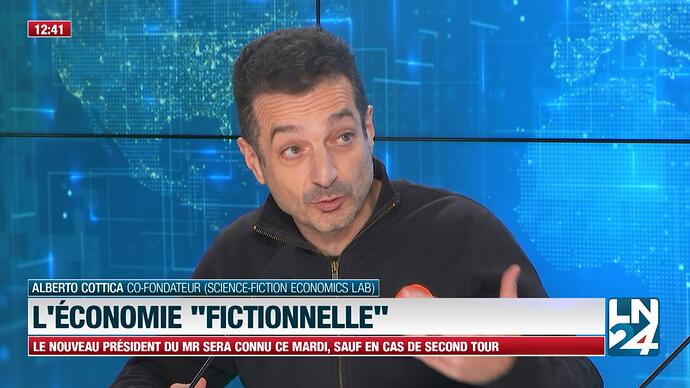2020-09-08T12:00:00Z
Registration: Tickets are free of charge, available here.
Messina is a small city in Sicily, overlooking the eponymous strait that serves as the island’s gateway to mainland Italy and Europe. Sicily’s economy and society have long been crippled by high unemployment, inefficient public services, corruption and organized crime. Yet, over the past ten years or so, a small cohort of about 120 enterprises in Messina, working closely together, have managed to build a solid, long-termist, fair, human-centric economy – and achieve stability and prosperity in the process. They call themselves “the Messina advanced cluster”.
To get where they are now, they had to re-invent a lot of economic concepts. The familiar ones (“maximizing shareholder value”, “correct market failures” etc.) were simply not working out for Sicily, and for their goals. So, as they re-built their local economy, they developed their own economic thinking, with concepts such as “relational goods”, “stocks as autonomy”, and “systems, not networks”. Even their innovation is weird: solar panels made out of the pulp of waste oranges? A People’s Energy Company?
In this online event, you will learn how they built this incredible success under very difficult conditions, and how their way of thinking might help you along your own journey.
Featured Participants
Gaetano Giunta - Fondazione di Comunità di Messina
“In the early 90’s, after the mafia murders of the most important Italian anti-mafia judges and a long period of killing, in Sicily we thought we could change the world only with the enthusiasm of our activism. We tried, but we didn’t completely succeed. We understood that to have a real change we also had to change the economy.”
Alberto Cottica - Founder, Science Fiction Economics Lab
“Economics, as we know it currently, has pivoted from being a place where you could imagine new and better worlds to a discipline which re-enforces and improves itself in a single model. “Blue sky” innovation of economic systems is now done in strange places. Science fiction is one of them.
Another one is local communities who attempt to reboot their economies in more humane and long-term resilient ways. Among these, the advanced social district in Messina stands out for depth of vision and effectiveness of implementation. Their economy is so strange – and yet so logical – that it would not be out of place in a science fiction novel!"
Format
A Zoom meeting. We will send you the link after you register here.
Two short presentations on the case study, followed by an open, moderated discussion. A moderator will give the floor to people who want to contribute something. If you want to share your point of view, use the call’s chat to let us know, and the moderator will give you the floor. If you have a question to ask the speaker, ask it in the chat (better) or let us know you want to ask a question. Questions are taken before we move on to the next speaker.
We commit to doing a proper write up of the result (aka “documentation, or it didn’t happen”). Edgeryders also deploys its team for note-taking.
The call will be recorded for research purposes. Please read details about that process in this info sheet: Participant Information Sheet for online events. By joining the call you confirm that you understand and consent.
Everyone welcome .
How to Register
Tickets are free of charge, available here.
The event is organised by Edgeryders as part of our work to extend the space of economic models that are conceivable and deployable to build a successful, fair civilization, while preserving the planet’s ecological balance.
Is coordinated by:
With support from:






